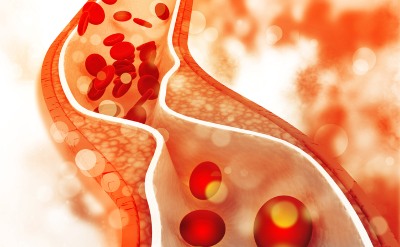Following previous research showing Evinacumab, a monoclonal antibody, having benefits in treating homozygous familial hypercholesterolemia, a phase III trial compared the treatment to placebo to see results in a larger patient population.
According to results published in the New England Journal of Medicine, the trial included 65 patients who received stable lipid-lowering therapy before getting an infusion of evinacumab every four weeks or placebo. The primary outcome for the trial was the percentage change in LDL cholesterol from baseline to week 24.

“In this patient population, currently available therapies do not typically reduce LDL cholesterol levels to guideline-recommended levels, so new therapies are needed,” the authors said. “In such patients, statins and PCSK9 inhibitors, which have a mechanism of action that largely depends on the up-regulation of LDL-receptor function, have been shown to reduce LDL cholesterol levels by approximately 20 to 30%, with minimal to no effect among those with null-null homozygosity.”
The mean baseline LDL level in both groups was 255.1 mg per deciliter, according to the article. By week 24, patients in the treatment arm had a relative reduction of 47.1%, compared to an increase of 1.9% in the placebo group. The authors noted that the between-group least-squares mean absolute difference in LDL was -132.1 mg per deciliter (95% CI, -175.3 to -88.9; P<0.001).
The phase III trial came after a phase II trial with nine patients resulted in a similar mean reduction of 49% in LDL, the authors said.
Additional analysis of the trial results showed that patients in the evinacumab arm had “significantly lower levels of apolipoprotein B, non-HDL cholesterol, and total cholesterol,” from baseline to week 24. More than 80% of patients in the evinacumab arm saw a reduction of at least 30%, compared to 18% in the placebo arm.
In reviewing the trial’s safety, the authors noted that adverse events were reported in 66% of patients in the evinacumab arm, compared to 81% in the placebo group. However, no patients discontinued from either group due to adverse events, and there were no deaths. Two patients in the evinacumab arm reported serious adverse events, which the authors identified as urosepsis and a suicide attempt. Both patients recovered. An “influenza-like illness” was reported in 11% of the patients in the evinacumab arm, with no such reports in the placebo arm.
